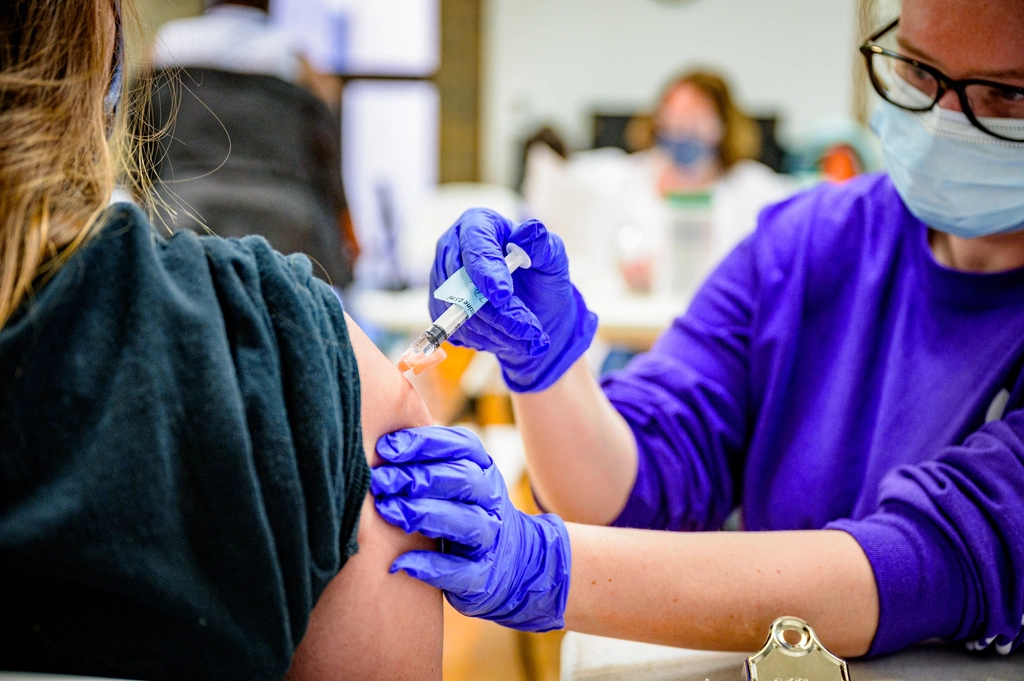For years, the golden rule has been clear: when prescribed antibiotics, you must complete the full course—even if you start feeling better after a few days. However, new research challenges this long-standing advice, suggesting that in some cases, shorter treatments may be just as effective and even better for overall health.
1. Longer antibiotic treatments can increase resistance

It was once believed that completing a full antibiotic treatment was essential to prevent bacterial resistance. However, recent studies indicate that prolonged exposure to antibiotics may actually strengthen bacteria, making them more resistant.
2. Shorter treatments may work just as well

Research shows that for certain infections, such as pneumonia, a three-day antibiotic treatment can be just as effective as an eight-day course if the patient has already shown significant improvement.
3. Antibiotics disrupt gut health

Even a short treatment with antibiotics can disturb the balance of gut bacteria, leading to digestive issues and long-term effects on the immune system.
4. Different patients need different treatments

People respond differently to antibiotics depending on factors like age, immune function, and overall health. A one-size-fits-all approach to treatment may not always be appropriate.
5. Overuse of antibiotics is a global threat

Antibiotic resistance is one of the biggest public health challenges worldwide. Misuse and overuse of antibiotics make it increasingly difficult to treat bacterial infections effectively.
6. A doctor’s assessment is crucial

While research suggests shorter treatments may work in some cases, it is essential to consult a doctor before stopping any antibiotic treatment early.
7. Vaccination can reduce antibiotic dependence

Vaccines against illnesses like pneumonia and influenza can help prevent infections that would otherwise require antibiotics, thereby lowering the risk of resistance.
8. Hygiene plays a key role

One of the best ways to avoid antibiotic treatment is to prevent infections through proper hand hygiene and safe food handling practices.
9. Antibiotic use in farming affects human health

Excessive antibiotic use in livestock contributes to antibiotic-resistant bacteria, which can be transmitted to humans through food. Choosing meat from producers with low antibiotic use can help reduce this risk.
10. Outdated guidelines need to be reconsidered

While antibiotics remain a critical part of modern medicine, emerging research suggests that traditional treatment guidelines should be updated to reflect the latest scientific findings and protect both individuals and public health.
Article based on information from IFORM.dk
